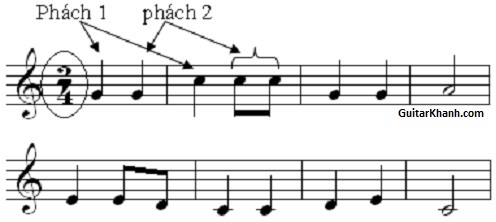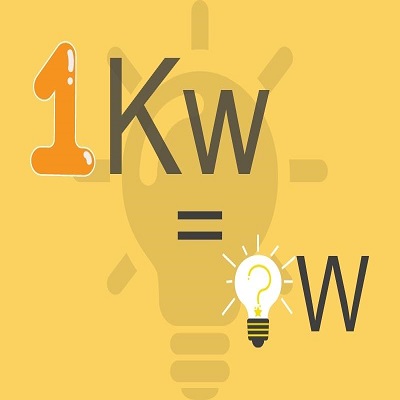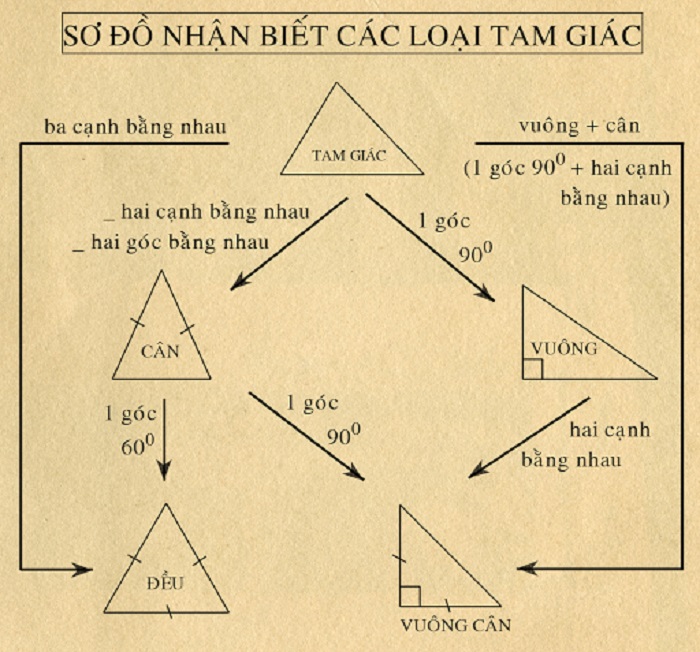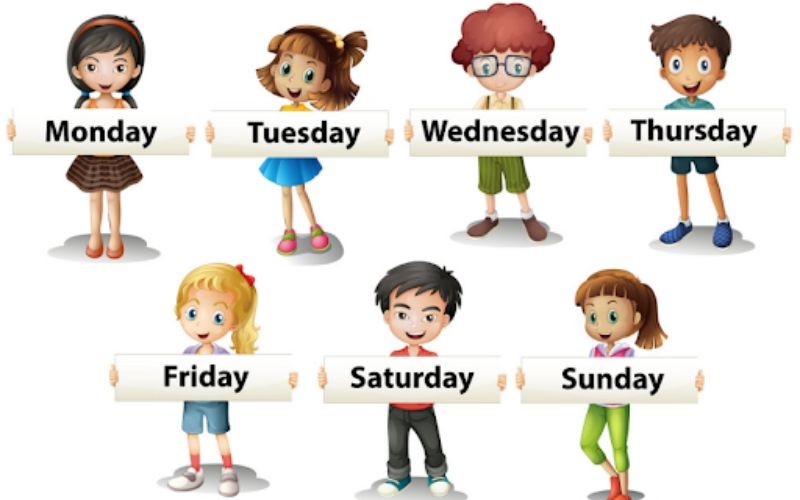Hãy cùng khám phá nhé!
1. The end là gì?
Cụm từ the end có nghĩa là sự kết thúc hoặc sự hoàn thành của một sự kiện, tác phẩm nghệ thuật hoặc giai đoạn. Nó thể hiện rằng không còn gì để tiếp tục, và mọi thứ đã đến hồi kết thúc.
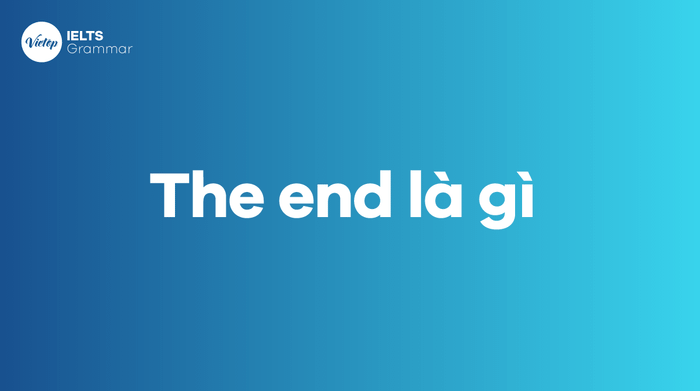
Usually when people use this phrase, it signifies the conclusion and nothing more to say or do in that context. 'The end' often appears at the end of a story or a movie to denote the conclusion of the narrative or event, and it can simultaneously convey the emotion or significance of that ending, which could be happiness, sadness, or both.
Examples of using 'the end':
- In the movie, the hero defeated the villain, and then it was the end. (Trong bộ phim, anh hùng đã đánh bại kẻ ác, và sau đó là kết thúc.)
- After years of hard work, John finally reached his retirement age, signaling the end of his career. (Sau nhiều năm làm việc chăm chỉ, John cuối cùng đã đến tuổi nghỉ hưu, đánh dấu sự kết thúc của sự nghiệp của anh.)
- When the last puzzle piece was put in place, it was the end of a challenging jigsaw puzzle. (Khi mảnh ghép cuối cùng được đặt vào vị trí, đó là kết thúc của một bức tranh ghép khó khăn.)
- As the sun set over the ocean, it marked the end of a beautiful day at the beach. (Khi mặt trời lặn xuống biển, nó đánh dấu kết thúc của một ngày đẹp tại bãi biển.)
- After many months of planning and preparation, the wedding ceremony finally came to the end with the exchange of vows. (Sau nhiều tháng lập kế hoạch và chuẩn bị, lễ cưới cuối cùng cũng kết thúc với việc trao lời thề.)
- The novel’s last chapter brought all the storylines together, and it was the end of an epic literary journey. (Chương cuối cùng của cuốn tiểu thuyết đã đưa tất cả các dòng truyện lại với nhau, và đó là kết thúc của một hành trình văn học hùng vĩ.)
2. The structure of 'the end' and how to use it in English
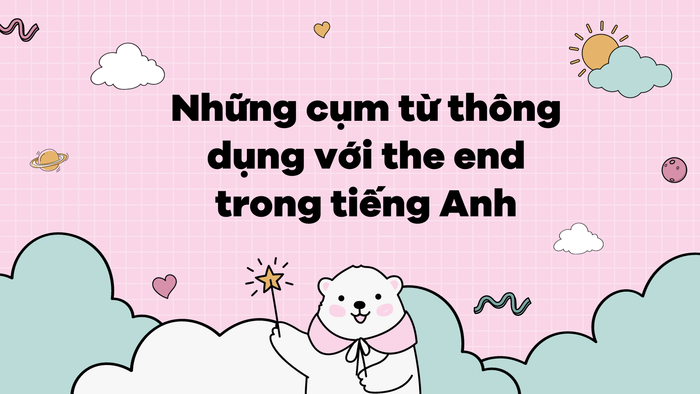
Structure: The conclusion of something
For example:
- The end of the movie was sad. (Kết thúc của bộ phim rất buồn.)
- The end of the book was a surprise. (Kết thúc của cuốn sách là một bất ngờ.)
Usage: 'The end of something' can be used to denote the conclusion of something, such as a story, a movie, a song, a conversation, etc.
For example:
- I’m so sad that the movie is over. (Tôi rất buồn vì bộ phim đã kết thúc.)
- I can’t believe it’s the end of the book. (Tôi không thể tin được đó là kết thúc của cuốn sách.)
The term 'the end' can also be used as a noun, indicating a conclusion.
For example:
- The movie had a sad ending. (Bộ phim có một kết thúc buồn.)
- The book had a happy ending. (Cuốn sách có một kết thúc có hậu.)
The phrase 'the end of something' often pairs with the preposition 'of'. However, it can also be used with other prepositions, such as:
- In the end: Cuối cùng
- By the end of: Đến cuối
- At the end of: Ở cuối
For example:
- In the end, I decided to go to college. (Cuối cùng, tôi quyết định đi học đại học.)
- By the end of the year, I will have finished my degree. (Đến cuối năm, tôi sẽ hoàn thành bằng cấp của mình.)
- At the end of the day, it doesn’t matter. (Ở cuối ngày, nó không quan trọng.)
3. Other meanings of 'the end' in English
Here are some other common meanings of 'the end'.

4. Common phrases with 'the end' in English
Below are some common phrases with 'the end' and their meanings:

5. What are synonyms for 'the end'
English has many synonyms for various words and phrases, and 'the end' is no exception. Synonyms are words or phrases that have similar or identical meanings to the original word.
Here are some common synonyms for 'the end' along with their definitions and examples of usage.
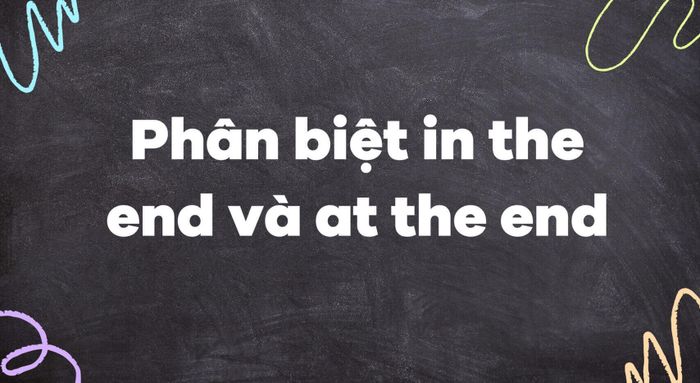
6. Distinguishing between end and ending
The difference between end and ending:
- End là một danh từ chỉ điểm cuối, kết thúc của một thứ gì đó. Nó có thể đi với giới từ of để chỉ kết thúc của một thứ cụ thể. Ví dụ: The end of the movie was sad. (Kết thúc của bộ phim rất buồn.)
- Ending là một danh từ chỉ cách kết thúc, kết cục của một thứ gì đó. Nó không đi với giới từ of. Ví dụ: The ending of the movie was a surprise. (Kết thúc của bộ phim là một bất ngờ.)
For example:
- End
- The end of the book is coming soon. (Kết thúc của cuốn sách sắp tới.)
- The end of the world is nigh. (Ngày tận thế đang đến gần.)
- He ran to the end of the road. (Anh ta chạy đến cuối con đường.)
- Ending
- The movie had a happy ending. (Bộ phim có một kết thúc có hậu.)
- The book had a sad ending. (Cuốn sách có một kết thúc buồn.)
- The story has a surprise ending. (Câu chuyện có một kết thúc bất ngờ.)
7. Differentiating between 'in the end' and 'at the end'

The difference between 'In the end' and 'At the end':
- In the end nhấn mạnh vào kết quả cuối cùng của một tình huống hoặc một hành động. Nó thường được sử dụng để giới thiệu một kết luận hoặc một quyết định.
- At the end nhấn mạnh vào vị trí hoặc thời điểm cuối của một thứ gì đó. Nó thường được sử dụng để chỉ thời điểm kết thúc của một hành động hoặc một sự kiện.
For example:
- In the end
- In the end, I decided to go to college. (Cuối cùng, tôi quyết định đi học đại học.)
- In the end, the good guys won. (Cuối cùng, những người tốt đã chiến thắng.)
- In the end, it didn’t matter. (Cuối cùng, nó không quan trọng.)
- At the end
- At the end of the day, I’m tired. (Đến cuối ngày, tôi mệt.)
- At the end of the movie, the hero saves the day. (Ở cuối bộ phim, người hùng cứu lấy ngày.)
- At the end of the road, there is a house. (Ở cuối con đường, có một ngôi nhà.)




